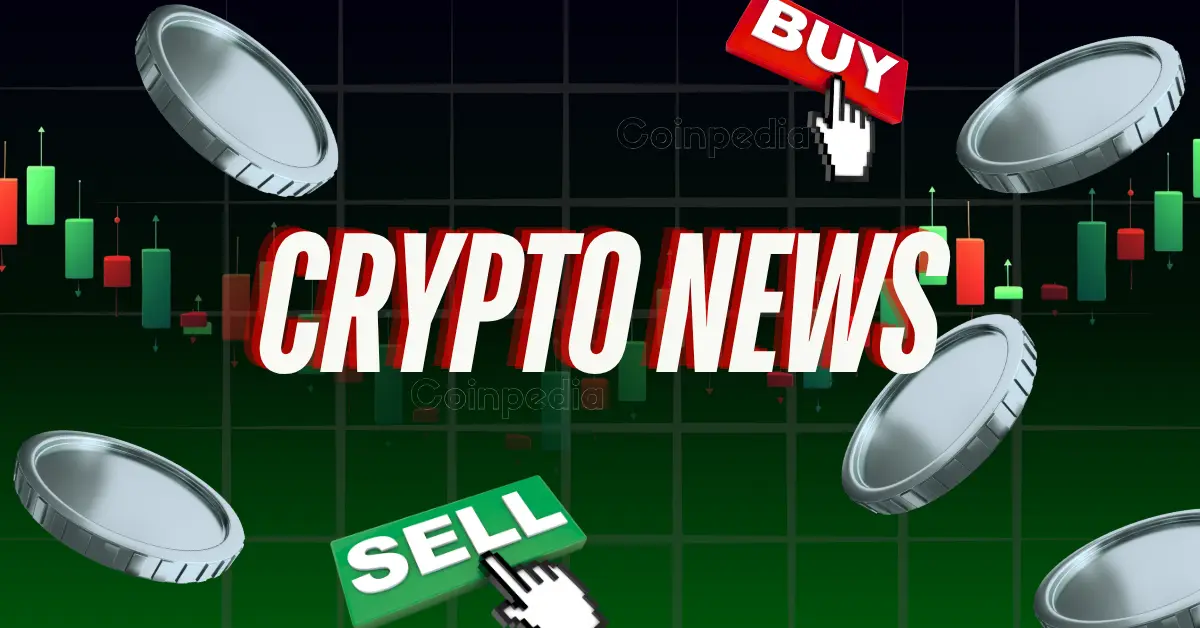Banxa’s $19 million acquisition of over 30.5 million Pi coins marks a significant milestone in the cryptocurrency landscape, particularly for the Pi Network. This strategic move was designed to enhance liquidity and facilitate mainstream adoption by enabling seamless transactions through traditional payment methods. However, the Pi coin’s price has not responded as expected, raising questions about the dynamics of cryptocurrency markets and the factors influencing token valuation.
Banxa, a leading fiat-to-crypto payment gateway, has integrated Pi Network tokens into its platform, allowing users to buy and sell Pi coins using fiat currencies. This integration aims to address common barriers such as cumbersome exchange processes, limited accessibility, and high conversion costs. By acquiring 30.5 million Pi coins, Banxa has created substantial liquidity reserves, which are typically expected to stabilize a token’s market and support price increases. Liquidity is crucial as it ensures that investors and traders can easily enter or exit positions without causing significant price volatility. Theoretically, Banxa’s $19 million investment should have contributed to a price uplift or, at the very least, reduced volatility.
Despite these expectations, the price of Pi has remained relatively stagnant. Data shows that after reaching a peak of approximately $2.99 in late February 2025, the coin’s value plummeted by about 85%, currently hovering below $0.50. The $19 million injection did not catalyze the anticipated bullish momentum, leaving many investors perplexed. Several factors contribute to this muted price action:
– Broader Macroeconomic Environment: The cryptocurrency market is heavily influenced by macroeconomic conditions. Persistent bearish trends, tightening monetary policies globally, and risk-off investor sentiment depress demand for speculative assets, outmatching any localized liquidity boost.
– Speculative Nature and Market Sentiment: Emerging cryptocurrencies like Pi often see price swings driven more by sentiment and hype than fundamentals. The community’s mixed reactions—ranging from optimistic to skeptical—can lead to instability despite strategic purchases.
– Internal Challenges within the Pi Network: Reports of internal mismanagement and timing issues further undermine investor confidence. Without clear and consistent operational transparency, even well-intentioned liquidity injections struggle to achieve their goals.
– Market Mechanics of Large Coin Purchases: Large-scale acquisitions by entities like Banxa can sometimes create short-term volatility or sell pressure depending on whether the buyer intends to hold or distribute the asset in the secondary market.
Technical chart analysis reveals that Pi coin has formed a “falling wedge” pattern on its 4-hour price chart, a configuration often interpreted as a signal of potential bullish breakout. Moreover, the sell-off appears to be losing momentum, which technical analysts think could represent a generational buying opportunity. However, these patterns are probabilistic, not guarantees. The token’s ability to sustain or rebound from these price levels depends heavily on external factors and forthcoming ecosystem developments, including:
– Upcoming Token Unlock Events: Scheduled unlocking of more Pi tokens might create additional sell pressure or, conversely, provide liquidity needed for price discovery.
– Community and Developer Engagement: Success in delivering promised functionalities and adoption milestones can shift sentiment positively.
– Market Cycles and External Influences: The broader crypto market’s phase—bullish or bearish—will significantly impact Pi’s trajectory.
Looking toward 2028, some models predict a potential price increase exceeding 130%, possibly lifting Pi coin above $1.30. This outlook depends on several factors:
– Continued and deepened integration with fiat-to-crypto gateways like Banxa.
– Expansion of the Pi ecosystem in real-world use cases and dApp development.
– A steady increase in active user base, translating into genuine transactional volume.
– Favorable market conditions and resolution of current internal challenges.
Banxa’s multi-million-dollar bet symbolizes an important vote of confidence, signaling that institutional players consider Pi worth serious attention. However, the path to widespread mainstream adoption and valuation gains faces multiple hurdles.
The immediate future for Pi Network revolves around several critical themes:
– Market Reception to Banxa’s Facilitation: Will the ability to easily buy and sell Pi tokens invigorate demand among retail users, converting curiosity into active participation?
– Catalysts like Industry Events: Analysts highlight events such as the upcoming Consensus Summit as possible inflection points for price movement based on increased exposure and investor interest.
– Price Resistance and Support Levels: Technical resistance around $0.60 to $0.65 will likely dictate whether Pi’s price breaks into a sustained uptrend or slips back to prior support zones.
– Community and Development Focus: Renewed momentum depends on the network delivering on promises, fostering developer involvement, and demonstrating real utility beyond speculative trading.
Banxa’s $19 million liquidity boost to Pi Network has not brought about a swift or sustained price rally, highlighting the complex interplay between institutional investment, market psychology, and ecosystem maturity in the world of cryptocurrencies. While liquidity is a vital ingredient in price stability and growth, it alone cannot overcome adverse market environments or internal missteps.
Pi Network stands at a crossroads filled with both risks and possibilities. The underlying technology and strategic partnerships like Banxa’s integration offer a promising foundation. Yet unlocking Pi’s full potential requires careful navigation through volatile market sentiments and demonstrating tangible value. For investors and observers, it represents a nuanced story where patience, technical analysis, and keen observation of ecosystem advancements will be essential in identifying when and if Pi can rise to new heights.











